On April 6, 2013, an impatient crowd of a few hundred fans sat in a TV studio in Seoul, South Korea, as a 17-year-old boy prepared to make his professional esports debut. Lee “Faker” Sang-hyeok, fresh-faced and looking he’d be more comfortable in a high school library, walked onstage, his every movement tracked by the in-studio audience and scrutinized further by viewers at home.
The young mid laner was seen as the next crown jewel for South Korean esports organization SK Telecom T1. SKT’s trophy case, already filled to the brim with StarCraft hardware, would have to expand if Faker, seconds away from the start of his pro career, became what so many fans thought he could be.
Six minutes and 29 seconds into the game, the rookie’s legacy first took shape. Faker solo killed South Korean All-Star mid laner Kang “Ambition” Chan-yong to the surprise and roar of the packed crowd, and something else entirely began.
A legend was born: the Unkillable Demon King.
From that night onward, Faker became the player to watch in South Korea’s League of Legends scene.
A few months later, following a one-on-one outplay of Ryu “Ryu” Sang-wook that went viral, he became a household name to anyone who played League of Legends.
By the end of 2013, he was raising the game’s world championship in Los Angeles at the Staples Center, home of the NBA’s Lakers, with press the world-over scrambling to speak with the gaming world’s newest superstar.
The Unkillable Demon King became a legend that only grew throughout the years as the hardware continued to stack and his celebrity elevated, transcending barriers. He landed on the covers of magazines. Pop stars in his own country not only knew of him but were fans, wishing for the opportunity to play with him.
Although he wasn’t unbeatable, whenever Faker and his team faltered, they would evolve, growing only more potent. In 2015 and 2016, Faker lifted his second and third Summoner’s Cups, the chalice given to the world’s best team. International events no longer were about who the best League of Legends player in the world was but if anyone could stand up to the game’s main character. During the 2017 edition of the world championship, the Unkillable Demon King was painting his magnum opus, carrying his hamstrung squad to a third-straight grand final.
Then, on a chilly night in front of the largest paid crowd to ever watch an esports event at the Beijing National Stadium in China, everything changed. Faker doubled over in his chair and shed tears as the opposing side, Samsung Galaxy, erupted from their soundproof booth to celebrate their monumental victory. The Chinese crowd stood in almost stunned silence.
SK Telecom T1 had lost in a 3-0 sweep.
In an instant, the mystique had shattered. The mask of Superman slipped off to reveal the red, exacerbated face of a young man experiencing the anguish of failing to live up to the unrealistic expectations saddled on his shoulders.
On November 4, 2017, the Unkillable Demon King perished as millions watched from every corner of the planet.
Since that brisk evening that saw the esports world turn on its head, four men have chased the ghost left in the stadium that night. A quartet of South Korean mid laners have strived to learn what it means to live in a constant pursuit of perfection that the Unkillable Demon King left behind, including the boy who started it all.
This is their story.
The man behind the Unkillable Demon King mask

At some point in your life, everyone wishes they had a time machine.
Be it the time in high school where you awkwardly asked out your crush to only face rejection, or something as simple as your alarm clock not going off in time for work. There are moments, sometimes split seconds, of our lives that we wish we could take back that could change the future forever, or so we believe.
Faker doesn’t shy away from the pain he felt that day in Shanghai, but something did change inside him that night. That series, those hours, are the type of thing you wish you could travel back to and fix. The idealized version of Faker that he works every day to keep tirelessly has vanished. For the past four years, he’s been running after that version of himself.
After capturing his first domestic championship since Beijing in 2019, his loyal diehard fans hoped that it was the return of the days when the Unkillable Demon King ruled the world. It wasn’t, though. Even then, in interviews, Faker spoke about how he didn’t feel like he was back to the level that he was at before at his peak.
“I don’t think my performance is great compared to my old days,” Faker said in an interview before a major final in April 2019, translated by Korizon. “I think I’m currently at 70% to 80%. I think I can increase my current performance by an extra 30% to 40% by the finals.”
He won that final, but come to the following international tournament, the sentiment ― the chase ― remained the same. Although one of the favorites to win that event, the 2019 Mid-Season Invitational, Faker’s team ultimately fell in the semifinals to Europe’s G2 Esports. Five months in the future, the story would repeat itself, G2 eliminating T1 from the world championship semifinals.
To Faker, what would be the apex for a majority of pro players is nothing more than a detour to the top of the mountain. He’s seen the very top ― back-to-back world championships, domestic dominance, the undisputed No. 1 player title ― and anything less just isn’t enough. Unlike others who are still running after the current Faker, trying to live up to the 2021 version, the now 24-year-old can only aim at one target: his past self.
[brid video=”758689″ player=”25910″ title=”The%20Top%2025%20Most%20Legendary%20Esports%20Plays%20of%20All%20Time” duration=”1897″ description=”Esports as we know it today is still growing and evolving, but behind it there’s a rich history dating back decades, punctuated by the iconic plays that have transcended into legend.We’ve debated and discussed all of these moments to put together our list of the top 25 of them.Did your favorite esports play make the list?Written and Hosted by: Daniel J. Collette (@DanielJCollette)Edited by: Lexi Johnson (@miinxiiee)Graphics and thumbnail by: Adam Fitzsimmons (@Adam_Fitz_) and James Kwon (@RippinPippin_)Supervising Producer: Colin McNeil (@McNeilColin)Visit Upcomer.com and download the mobile app for more. Find Upcomer on Twitter: https://twitter.com/UpcomerFootage sources: https://pastebin.com/z1zkXnes” uploaddate=”2021-04-18″ thumbnailurl=”//cdn.brid.tv/live/partners/19254/thumb/758689_t_1618930137.jpg” contentUrl=”//cdn.brid.tv/live/partners/19254/sd/758689.mp4″]
While we count his record-breaking number of trophies, accolades and victories, Faker counts the number of missed opportunities. The world championship in 2014 he should have attended in South Korea but failed to reach. Those matches against G2 Esports where if he played better on Qiyana, there might be another Summoner’s Cup on his wall. That lost series in the middle of the regular season that the world would consider meaningless but still keeps on Faker’s mind as he lays in bed at night.
Yet, as his mask and aura of being the perfect Unkillable Demon King has melted, so has the cold exterior he was once known for in his early days. Whereas early in his career, he self-admittedly didn’t get along with his teammates, that’s changed as he’s grown as his own person, Lee-Sang-hyeok, and not Faker or the numerous nicknames given to him.
Though his mind is still on reaching the ultimate goal, climbing back to the crest of the mountain only he has experienced in League of Legends, things have changed. When one of his teammates has a poor game, Faker doesn’t solely focus on himself but the person beside him, being the arm around their shoulder needed to keep moving forward.
Still, his fans, possibly in the millions at this point, are awaiting the return of the Unkillable Demon King, and Faker wants nothing more than to feel complete once more. During the most recent domestic season when T1 benched Faker in place of a 17-year-old prodigy mid laner (sound familiar?) in Lee “Clozer” Ju-hyeon, fans revolted. They wondered if the new management that came into place at the end of 2019 destroyed the foundation built almost two decades prior.
When Faker doesn’t play, the substitute behind him has every mistake they make under the world’s most giant microscope. If the team doesn’t do well, then upper management is berated. In the instances Faker plays and fails to live up to the mirage fans have in their minds, he is “washed up” and on the verge of retirement.
“Nobody knows what next season [will] look like,” Faker said in a recent exclusive interview with Youtube. “But I think I can be the best player again.”
No one knows when Faker’s pursuit will end except himself. Although the evident answer would be another world championship, will that be enough to have him feeling like he’s caught his past self? Two world titles in a row? A three-peat? A perfect year where T1 wins every competition they enter?
Until that day comes, his fans will await, believing he will stand atop of all once more. And Faker, at the T1 facilities in Gangnam, will continue trailing into the unknown.
It won’t be as the naive boy or the legend in a demon mask, but as a man, OK with carrying the unimaginable weight of the world’s expectations on his shoulders.


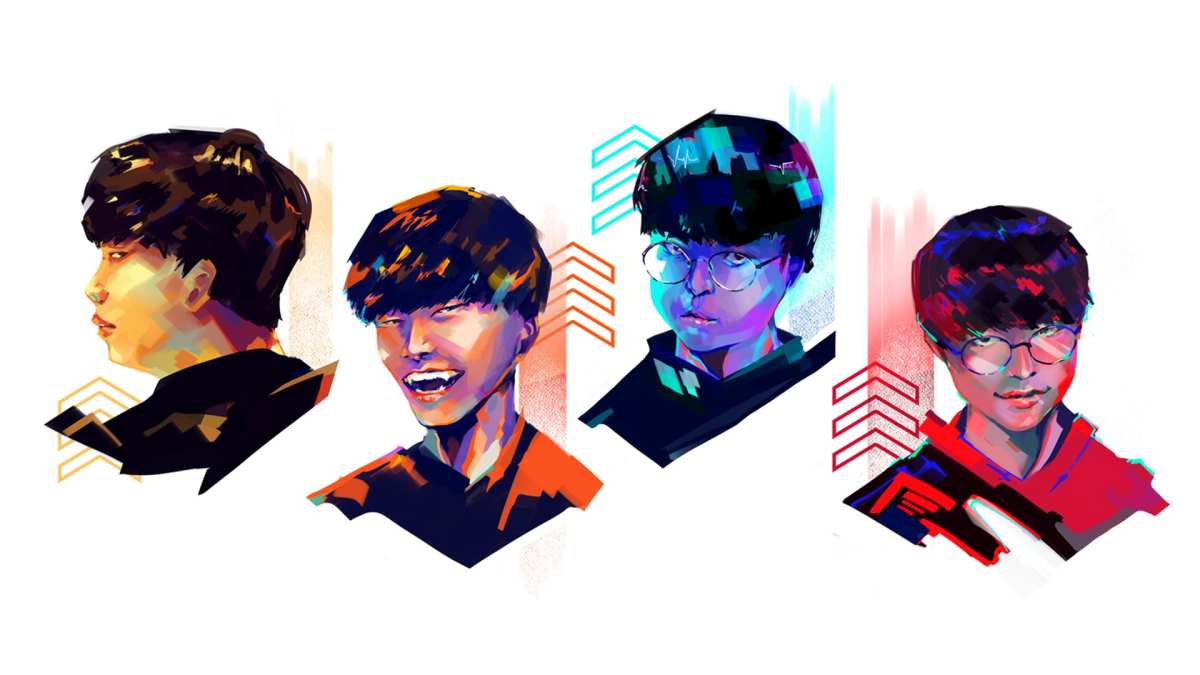
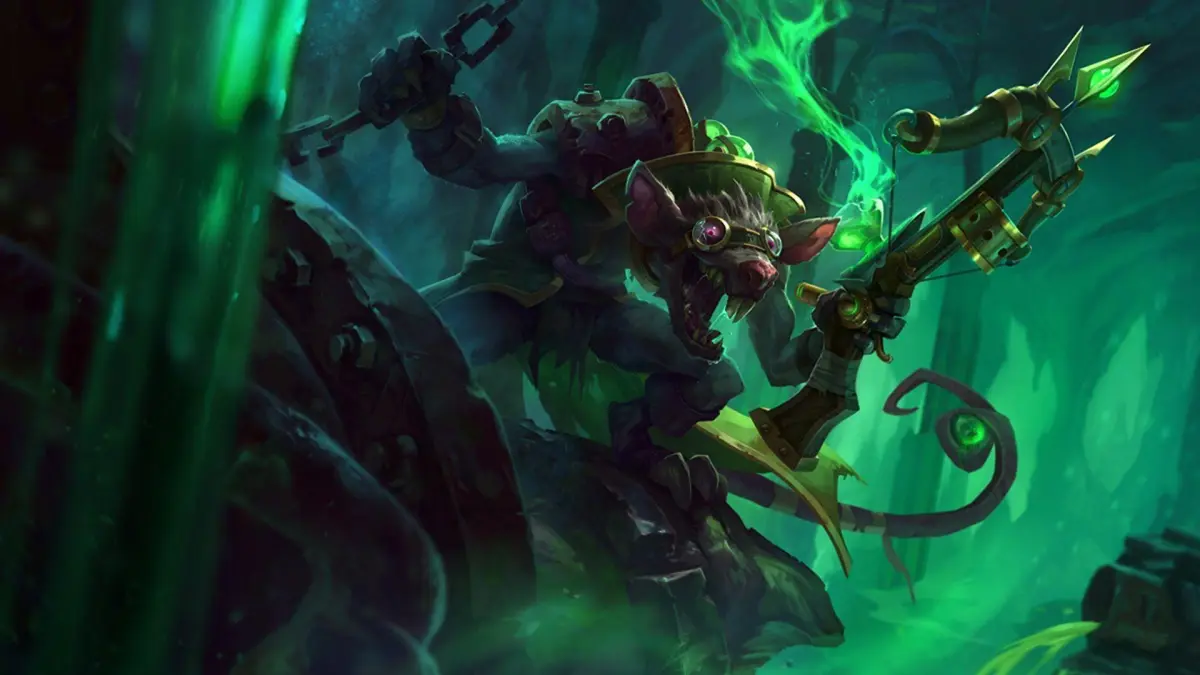
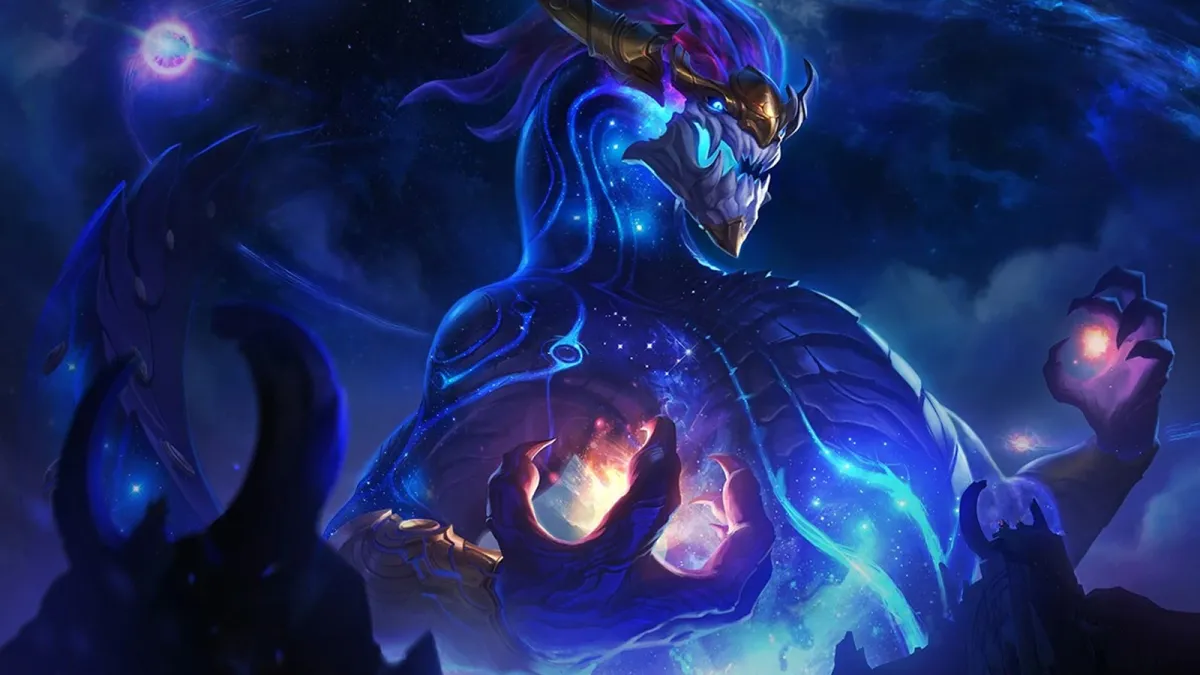
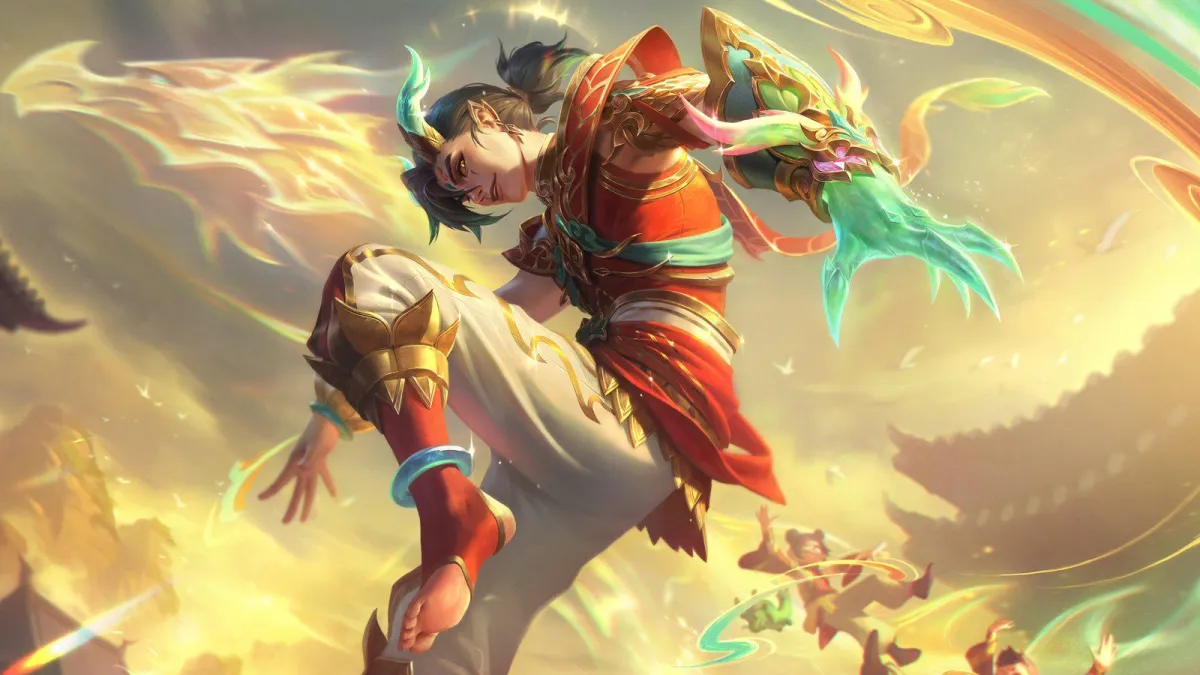
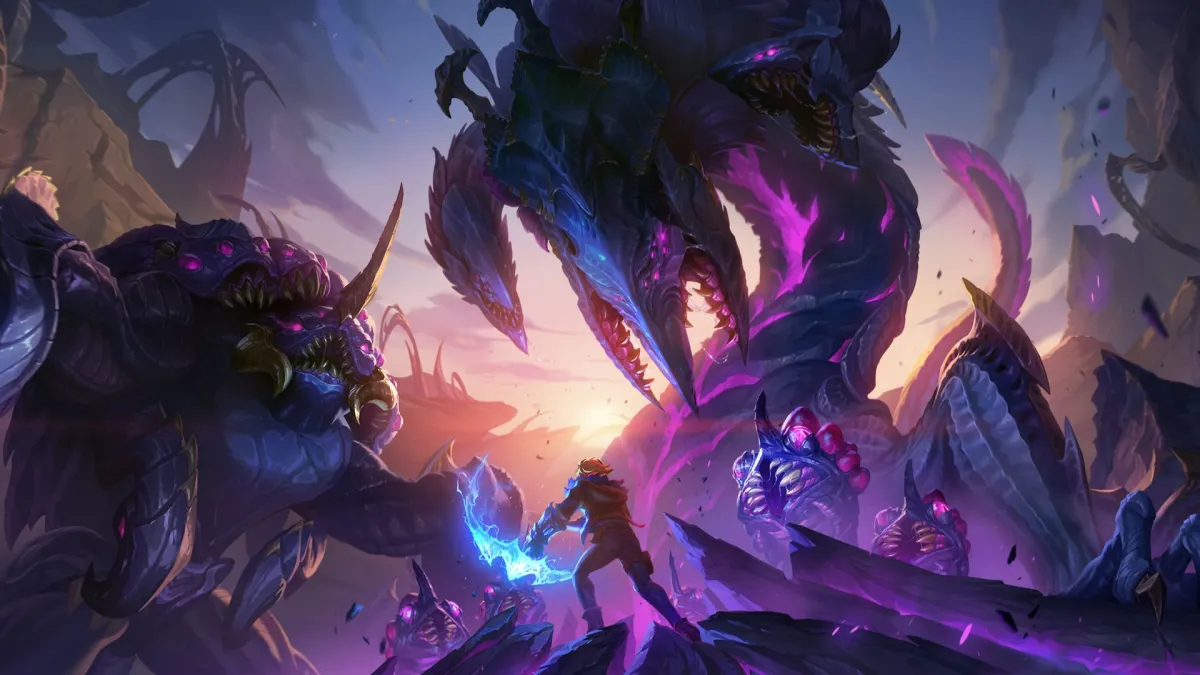
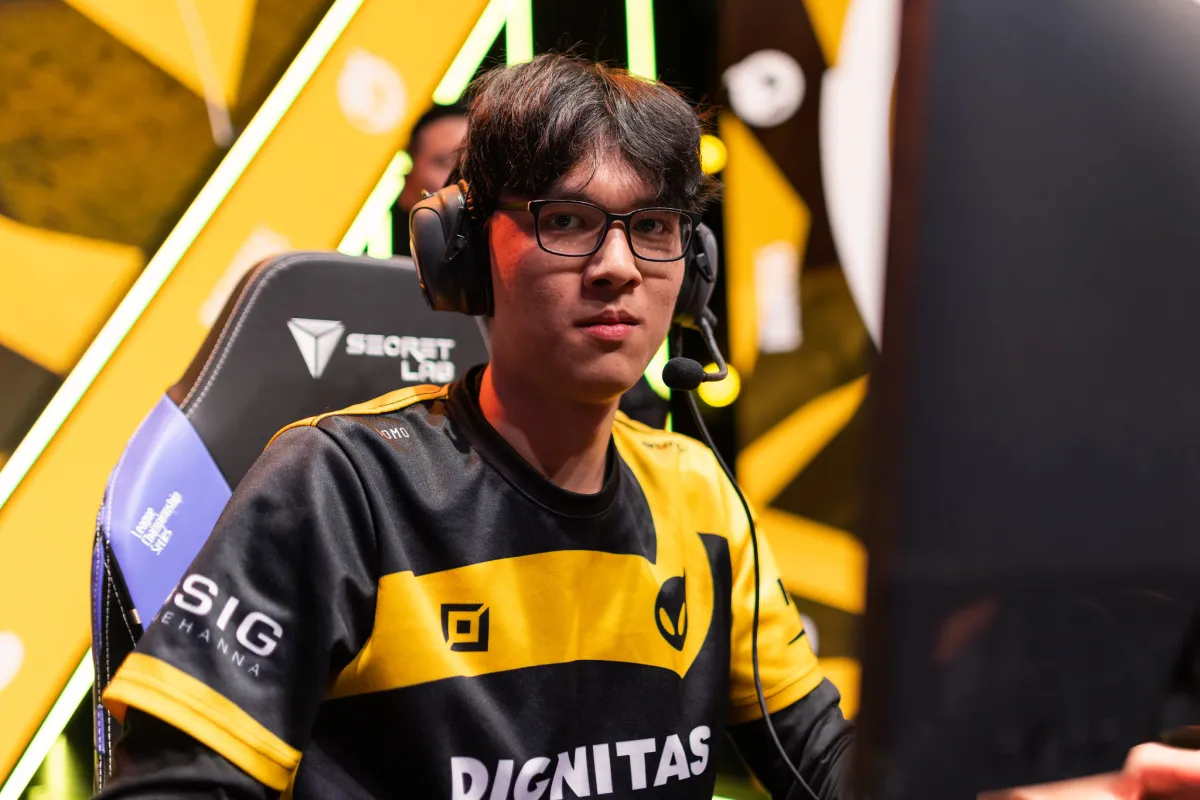
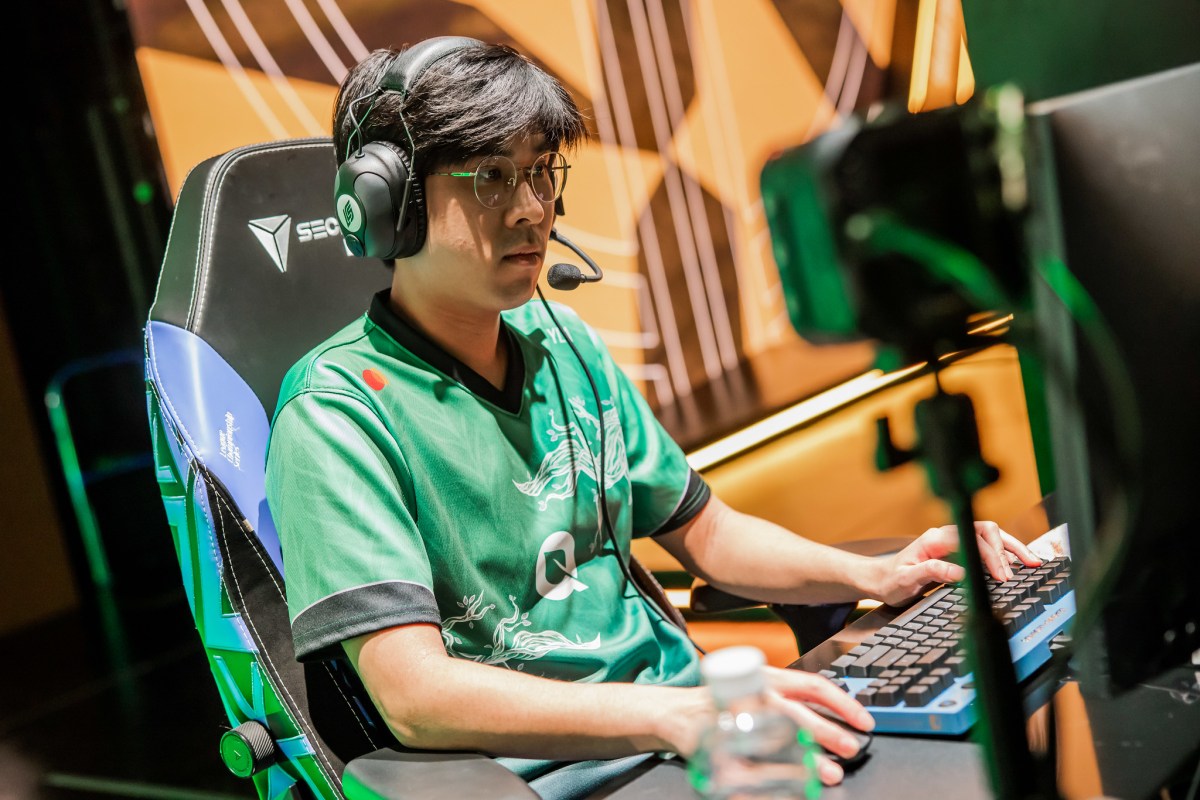

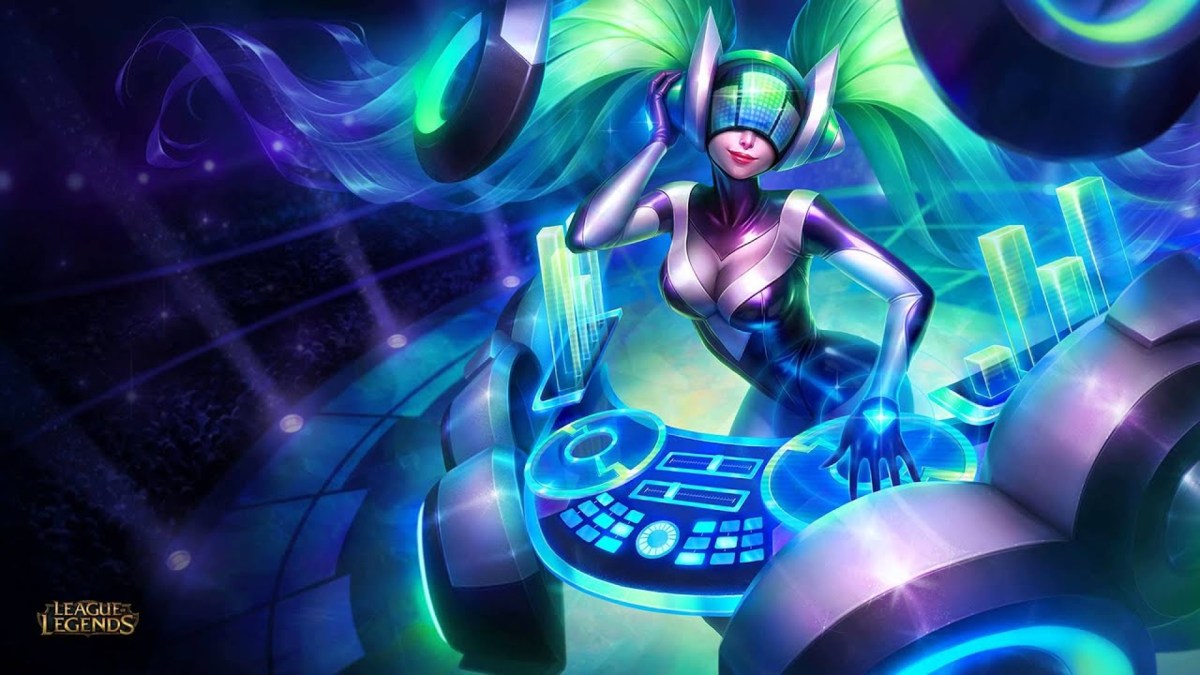

Published: May 5, 2021 03:00 pm